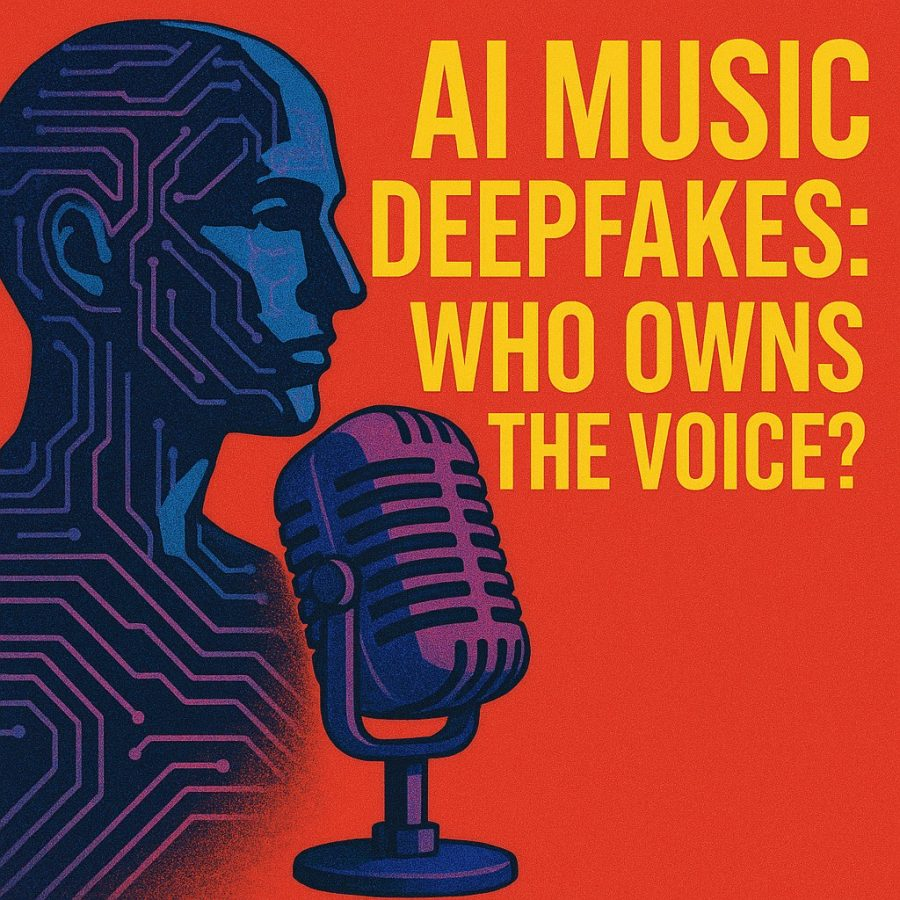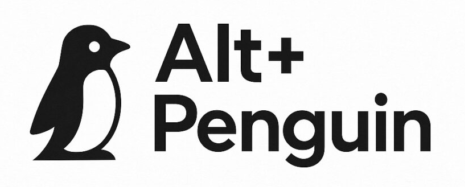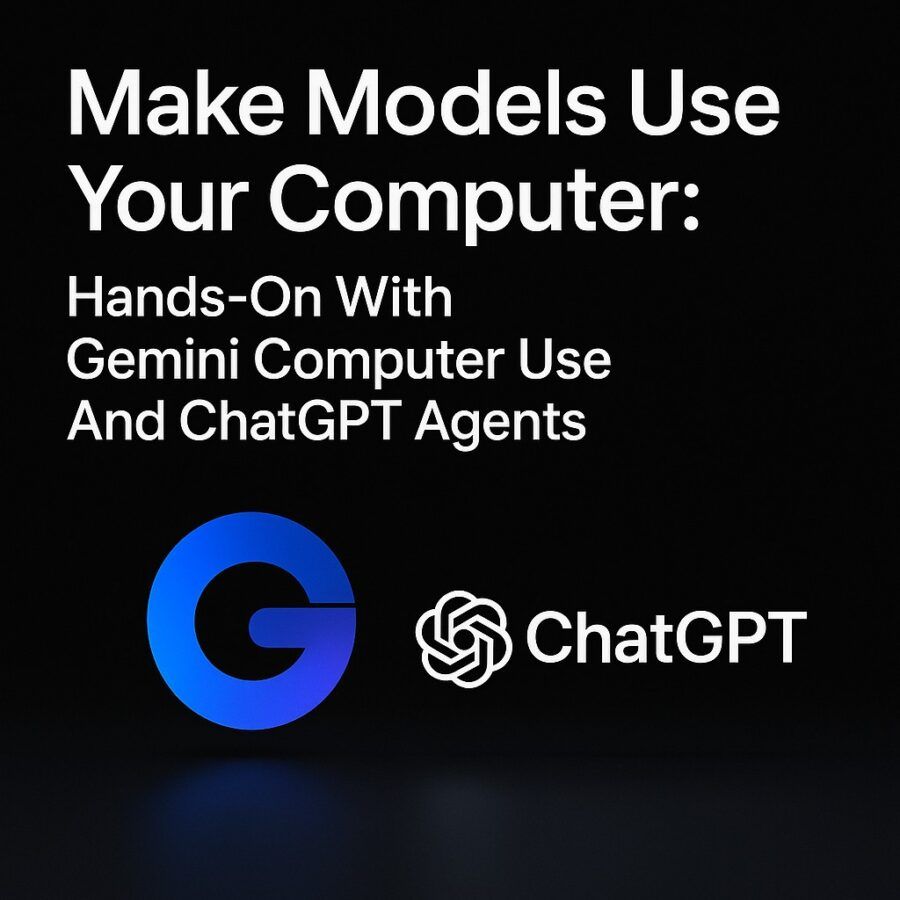Views: 0

There was a time when bootleg mixtapes were the ultimate music scandal. Now the headline is not about someone taping over grandma’s Barry Manilow CD. Its about artificial intelligence mimicking Drake, Taylor Swift, or even Elvis with eerie precision. Welcome to the brave new concert hall where AI music deepfakes are taking over an industry! They are rewriting how we think about talent, copyright, and karaoke. The question that refuses to leave the stage: AI Music Deepfakes: Who Owns the Voice?
Imagine your favorite artist’s voice cloned into a song they never sang! How about on a topic they might never approve, and distributed worldwide in less time than it takes to microwave popcorn. Technology has handed creators both a magic wand and a loaded slingshot. Record labels are sweating. Lawyers are sharpening pencils. And musicians are asking themselves whether they should collaborate with their own clones or hire them for a side hustle.
This article unpacks the chaotic world of voice-cloning, music rights, and the sudden appearance of virtual rockstars who never existed. Grab your headphones, because the soundscape is about to get complicated.
The Rise of the Clone Chorus
The explosion of AI voice models has made it possible to replicate voices with uncanny similarity. Companies have been building models that can learn the subtle tone, inflection, and quirks of a singer after only a few minutes of training audio. This means anyone with an internet connection and curiosity can attempt to turn Beyoncé into a heavy metal screamer or transform Post Malone into an opera tenor.
These AI music deepfakes are not limited to parody. They can create completely new tracks that sound studio-produced. Platforms like YouTube and TikTok have been flooded with “unreleased songs” attributed to artists who never stepped into a booth. Millions of listeners click play, comment, share, and add them to playlists without realizing the music may not be real.
While some fans are thrilled at the novelty, others feel uneasy. The industry calls it a copyright crisis in the making, but enthusiasts call it the next creative frontier. It is the Wild West of sound, and the sheriff has not yet arrived.

Hollyland Lark M2 Wireless Lavalier Microphone for iPhone/Android/Camera/PC/Laptop with Lightning/USB-C/Plug, 48KHz 24Bit, 1000ft Range, Noise Cancellation
Karaoke on Steroids
If karaoke once allowed us to pretend we were rock stars for three minutes, AI music deepfakes have now given the microphone a brain of its own. Instead of you singing “Bohemian Rhapsody” off-key, Freddie Mercury’s cloned voice could be crooning your text message about ordering pizza. It is entertaining and disturbing at the same time.
Think of it as karaoke with superpowers. The humor comes from imagining every dad in IT secretly releasing AI-generated country albums during his lunch break. The scary part? If his voice model is swapped with Johnny Cash, the result could confuse an audience that believes they stumbled on an unreleased masterpiece.
AI-generated tracks blur the line between homage and hijack. The next time you hear a soulful ballad on Spotify, there’s a small chance it was dreamed up by someone in pajamas running free software. The technology is a reminder that we should have asked “AI Music Deepfakes: Who Owns the Voice?” much earlier.
Copyright in Confetti Form
Traditional copyright laws were designed for human creators. You write a song, you own it. But when a machine replicates a voice, who holds the rights? The singer, because it is their unique tone? The developer, because they built the model? Or the prankster who typed “Frank Sinatra sings Despacito” into a text box?
The answer is more confusing than a Spotify Wrapped playlist curated by your toddler. Some argue that a person’s voice is their intellectual property. Others argue that unless the exact recording is copied, it falls into fair use or parody. Courts have only begun to wrestle with these debates, and so far the rulings look like spilled spaghetti.
The lack of clear guidelines leaves space for chaos. Musicians who once worried about leaked demos must now worry about an AI model dropping entire fake albums. This makes AI music deepfakes a legal Rubik’s cube with half the stickers missing.
The Case of the Phantom Albums
Several viral stories highlight how quickly AI can spread confusion. In 2023, an AI-generated song mimicking Drake and The Weeknd called “Heart on My Sleeve” stormed social media. Fans praised its production value before realizing it was synthetic. The track was streamed hundreds of thousands of times before being removed. By then, the damage and fascination were already done.
Such cases raise ethical dilemmas. Was it art or fraud? Was it promotion or piracy? The track demonstrated how the world craves the familiar, even if it is counterfeit. For fans, it was simply another catchy tune. For labels, it was the equivalent of someone breaking into their vault, making photocopies of all the jewels, and selling them at the flea market.
If AI can generate entire phantom albums, then AI music deepfakes become not just a novelty but a commercial threat. Suddenly, “AI Music Deepfakes: Who Owns the Voice?” becomes more than a catchy headline. It becomes a question of survival.
Celebrity Voices Without Permission
One of the stranger aspects of voice-cloning is that it does not respect retirement. Dead artists are finding themselves resurrected without permission, singing songs they never could have imagined. Frank Sinatra has appeared in rap verses, and Elvis Presley has been pitched as a DJ for electronic dance tracks. The boundary between respectful tribute and technological puppeteering is razor-thin.
Fans may feel entertained, but the ethics are murky. Would Kurt Cobain want to release a pop anthem about TikTok? Probably not. Yet in the era of AI music deepfakes, no artistic legacy is safe from digital reincarnation.
This raises the haunting question: if technology keeps improving, could entire careers be manufactured without the person even existing? Virtual stars with no physical form already exist in Japan and Korea. Voice-cloning gives them credibility that makes real artists nervous. The marketplace may not care about authenticity if the beat slaps hard enough.
The Labels Strike Back
Major record labels are not watching from the sidelines. Universal Music Group and others have begun lobbying for stronger protections, asking streaming services to block AI-generated tracks that infringe on artists’ likeness. They argue that if a singer’s voice is being used commercially, they should have control and compensation.
It is a logical stance. Imagine someone selling paintings that look like Banksy’s and pocketing the profits while Banksy gets nothing. The difference is that paintings can be authenticated, while a cloned voice can feel identical. Proving ownership becomes slippery.
Streaming services have tried to filter uploads, but enforcement is tricky. Millions of tracks are uploaded daily. Spotting AI music deepfakes in that avalanche is like trying to identify a counterfeit M&M in a candy factory. Unless regulation steps in, the industry will keep drowning in impersonations.
Fans in the Middle
Ironically, the group caught in the middle of this debate is the fans themselves. On one hand, listeners are excited to hear “new” songs from beloved artists. On the other, they risk being misled, supporting work that may not reflect the wishes of those artists.
Social media makes the confusion worse. Clips go viral before anyone confirms whether the recording is genuine. Listeners rarely pause to fact-check. They simply add it to their playlists. As a result, AI music deepfakes have become both guilty pleasures and guilty confusions.
For fans, the entertainment value may outweigh ethical questions. But as with pirated music in the early 2000s, once the lawsuits start flying, the audience will be reminded that fun has consequences.
Comedy, Parody, and Creative Mischief
Not all deepfakes are malicious. Some are downright hilarious. Imagine Bob Dylan singing “Baby Shark,” or Celine Dion delivering a heartfelt ballad about Wi-Fi passwords. These parody tracks showcase the whimsical side of voice-cloning. They make us laugh at the absurdity of art colliding with code.
Humor can soften the controversy, but it does not erase it. Even parodies can circulate widely enough to cause confusion. One person’s joke is another person’s bootleg. And the more realistic the technology becomes, the harder it will be to separate comedy from counterfeiting.
Still, this lighter side proves something important. AI music deepfakes are not just threats; they are also opportunities to rethink how art is made. If we can laugh at a Sinatra rap or cry at a Whitney Houston ballad about climate change, then maybe there is room for this weirdness in our culture.
Economics of the Imitation Game
Money is the loudest instrument in the orchestra of rights. Deepfake tracks can generate ad revenue, streaming royalties, and viral popularity. Whoever controls the output has potential profits at stake. The artist wants protection, the developer wants credit, and the prankster wants internet clout.
The real winner might be the platforms themselves. TikTok and YouTube thrive on content, no matter the source. Viral deepfake songs keep users scrolling and ad dollars flowing. Unless stricter enforcement kicks in, the platforms benefit from the chaos in the revitalized sound going viral. All the while the artists watch their identities turn into side hustles for hobbyists.
The economic stakes make “AI Music Deepfakes: Who Owns the Voice?” a question of power, not just ethics. Whoever writes the rule book first will profit the most.
Governments Enter the Chat
Lawmakers are beginning to notice. Several countries have floated proposals to regulate voice-cloning, treating it similarly to bio-metric data like fingerprints or facial recognition. In some jurisdictions, using someone’s likeness without consent could soon face penalties.
The challenge is global enforcement. Music crosses borders instantly. A track generated in one country can go viral worldwide before breakfast. Regulation in one region may be meaningless in another. Unless governments coordinate, AI music deepfakes will continue slipping through legal cracks like over-caffeinated squirrels.
Artists Fighting Fire with Fire
Interestingly, some musicians are embracing the technology rather than resisting it. Grimes publicly offered to split royalties with anyone using her AI-cloned voice, essentially inviting fans to co-create with her. This flips the debate on its head. Instead of asking “AI Music Deepfakes: Who Owns the Voice?”, she rephrased it as “Why not share the microphone?”
This approach may not work for everyone, but it demonstrates the potential of partnership. If artists control their own clones they could expand their reach. Perhaps those artists would experiment with styles or even outsource their work without diluting their brand. It is both futuristic and pragmatic, like renting your voice to your own career.
The Audience of Tomorrow
Looking ahead, the next generation may grow up indifferent to authenticity. To them, whether a song is sung by the “real” Beyoncé or an AI clone might not matter; as long as it slaps on the dance floor. This cultural shift could render traditional debates obsolete. Authenticity becomes optional, like album liner notes or autographs.
But if fans no longer value originality, what happens to artistry? Will creativity be measured in human effort or machine cleverness? AI music deepfakes will test how much society cares about the human element in music. If the beat is good enough, the audience may not look behind the curtain.
Closing Notes
The concert of artificial voices is already in full swing. AI music deepfakes have transformed from novelty to industry headache, from comedy sketches to courtroom debates. The question “AI Music Deepfakes: Who Owns the Voice?” lingers because it has no clear resolution. Is it the singer, the coder, the fan, or the market that decides?
What we do know is that the technology is not going away. As with all disruptive inventions, society will adapt. Musicians will fight for rights, developers will chase innovation, and fans will keep pressing play. Somewhere in the middle, the voice itself will continue to sing, even if no one can say who owns it.
So the next time you stumble on an unreleased ballad from your favorite artist, take a moment before hitting repeat. Ask yourself whether it is art, imitation, or a very cheeky AI pulling strings behind the curtain. Whatever the answer, one thing is certain: the music industry will never sound the same again.





